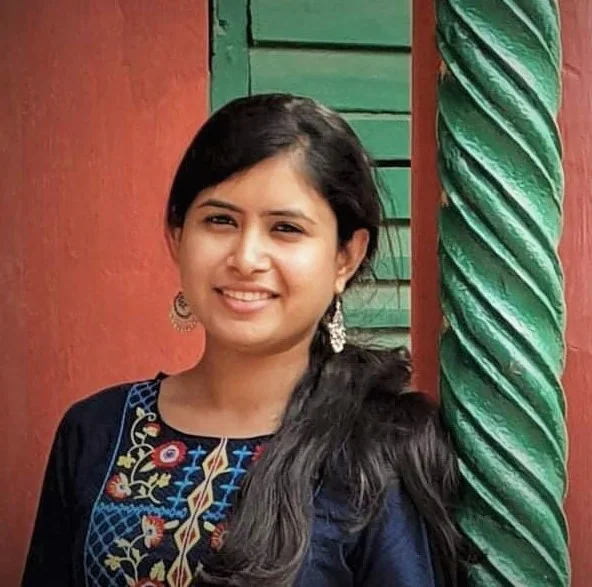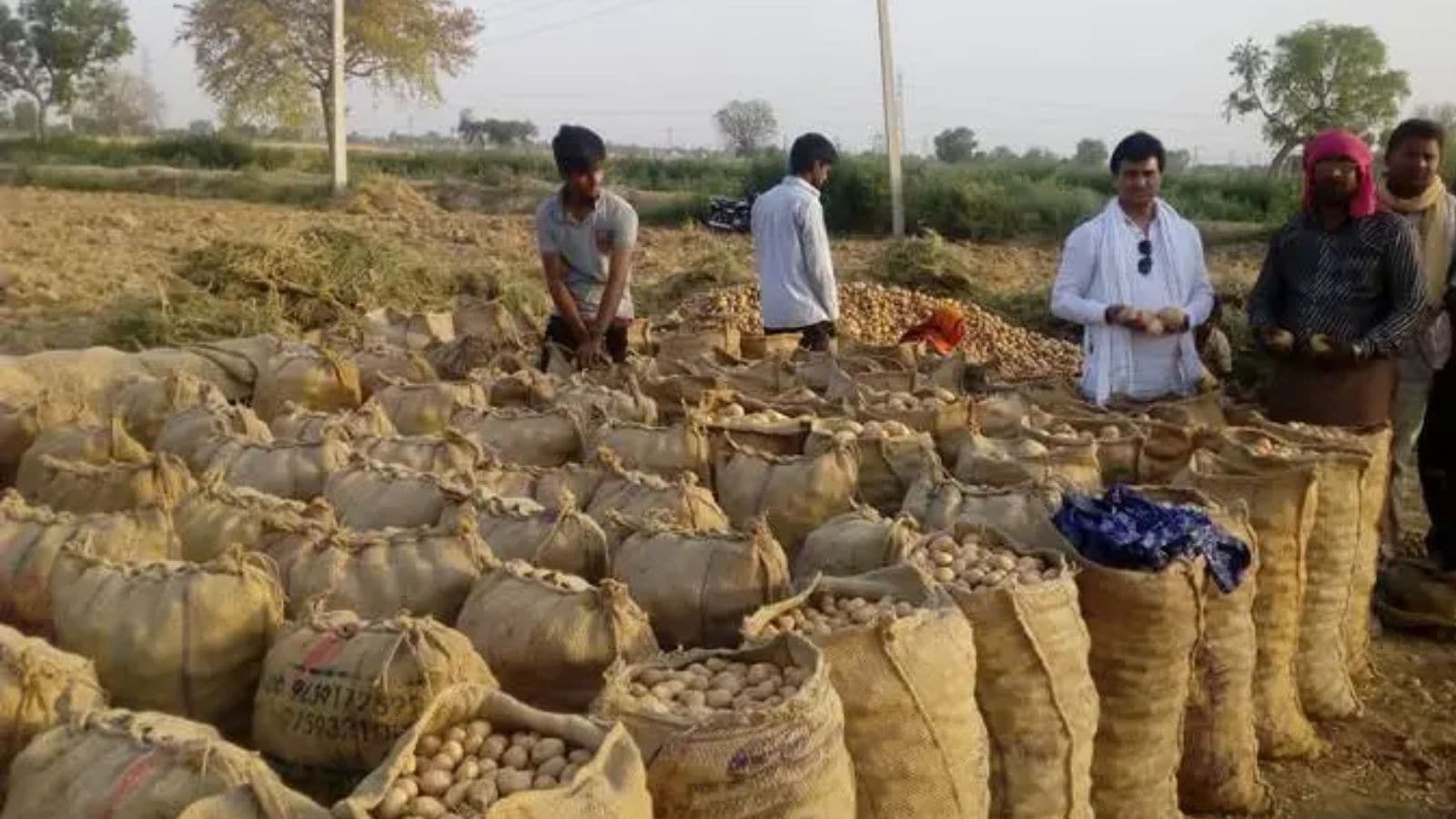ARTICLE AD BOX
Last Updated:June 24, 2025, 07:30 IST
The mission had finalised a total of 60 experiments representing 31 countries, including the US, India, Poland, Hungary, Saudi Arabia and Nigeria, for 14 days

Axiom Mission 4 crew, from left to right, ESA astronaut Slawosz Uznanski-Wisniewski of Poland, former NASA astronaut Peggy Whitson, ISRO astronaut Shubhanshu Shukla, and Tibor Kapu of Hungary. (Image: @NASASpaceOps/PTI)
As Axiom Mission-4 continues to face delays, scientists are revising research plans with some experiments now requiring a fresh set of samples.
Initially scheduled for liftoff on June 8, liftoff to the International Space Station is indefinitely on hold. “While the microbial samples can endure extended delays without compromising viability, the stem cell cultures remain stable for only a few days. Beyond that window, they lose experimental value, so fresh samples will need to be prepared and sent once a new launch date is confirmed," said Dr Rajesh S Gokhale, secretary, department of biotechnology (DBT).
Of the seven experiments shortlisted by Indian Space Research Organization (ISRO), at least three were designed by institutes under DBT. Two of the experiments used microbe samples – one to study how microgravity affects edible microalgae, and the other to investigate how photosynthetic cyanobacteria grow when fed with urea versus nitrate – to explore their role in future life-support systems for astronauts.
The third experiment is aimed at studying how microgravity affects muscle repair and regeneration, and how metabolic supplements can help. This was based on pre-cultured human muscle stem cells, likely sourced from healthy human donors. Since cultured stem cells have a limited viability window, typically three to eight days, these samples will need to be discarded and used afresh.
MISSION AWAITS LIFTOFF DATE
To be led by former NASA astronaut Peggy Whitson, the mission has Group Captain Shubhanshu Shukla as pilot, with two mission specialists from the European Space Agency (ESA) – Sławosz Uznański-Wiśniewski from Poland and Tibor Kapu of Hungary.
“The negotiations are ongoing. NASA has communicated that it needs additional time to evaluate the ISS after the recent repair work, so the new launch date has not been confirmed yet. Our ISRO team is also returning to India. All four crew members have developed strong camaraderie and are ready for launch. There are already seven astronauts aboard the ISS, including two from Russia, who are also due to return. So we will wait until a new date is announced," said Dr Jitendra Singh, Minister of State for Science and Technology.
60 EXPERIMENTS REPRESENTING 31 COUNTRIES
US-based Axiom Space had finalised a total of 60 experiments representing 31 countries, including the US, India, Poland, Hungary, Saudi Arabia and Nigeria, for the 14-day mission, which was initially expected to take off on SpaceX Falcon 9 from Kennedy Space Centre in Florida.
It was hailed as one of the most extensive sets of experiments ever planned for a mission aboard the ISS. Some of India’s top research institutes, including Indian Institute of Science (IISc) in Bengaluru, International Centre for Genetic Engineering and Biotechnology (ICGEB), Institute for Stem Cell Science and Regenerative Medicine (InStem), and the Indian Institute of Space Science and Technology (IIST) had contributed to the seven experiments shortlisted by ISRO.
These included studies on edible microalgae – the tiny, nutrient-rich organisms that could be a future food source for long-term space missions – as well as experiments to improve future life-support systems for astronauts by investigating growth of photosynthetic cyanobacteria, and studying how tardigrades (a type of microbe) survives and reproduces in microgravity.
Researchers were also keen to study the cognitive impact of computer screens on astronauts, which will help design more user-friendly spacecraft computers in future. Additionally, there were experiments designed to study how salad seeds sprout in space, and how microgravity affects growth and development of food crop seeds like fenugreek.
“India-centric food experiments including the sprouting of fenugreek (methi) known for its medicinal properties and sprouts will help us explore their behaviour in microgravity. We’ll bring the seeds back to Earth for cultivation and assess how microgravity affects their growth across generations. These studies will form the foundation for future space farming," Tushar Phadnis, Group Head for Microgravity Platforms and Research, ISRO, had said earlier.

Srishti Choudhary, Senior Assistant Editor at CNN-News18 specializes in science, environment, and climate change reporting. With over a decade of extensive field experience, she has brought incisive ground repo...Read More
Srishti Choudhary, Senior Assistant Editor at CNN-News18 specializes in science, environment, and climate change reporting. With over a decade of extensive field experience, she has brought incisive ground repo...
Read More
- Location :
- First Published:
News india Axiom Mission-4's Delay Prompts Scientists To Revise Experiments, Prepare Fresh Samples



.png)
.png)
.png)
















 4 hours ago
5
4 hours ago
5








 English (US) ·
English (US) ·